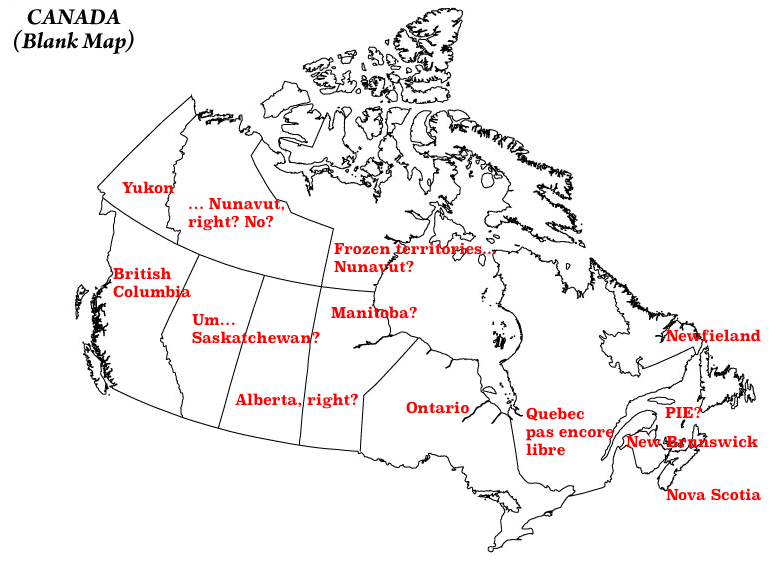Hoo boy. I’m being A2A’d this by Michaelis Maus, and he’s a trenchant one: I can’t give him a glib answer, and I can’t just protest that I’m an impostor.
OK.
- I read a lot as a kid, as others did, and picked up a lot of encyclopaedic knowledge that way. It helps to connect the dots when you know what the dots are. It was harder when I was a kid, because no Interwebs; I ended up reading through most of the World Book Encyclopedia, and I also read pretty generally through my high school, local, and university library.
- I read the newspaper religiously back in the day, which gave me good news and international awareness.
- I studied a specific subject at university level:
- I determined to gain a grounding of linguistics, a subject I actually loved, after University Engineering let me down.
- I determined to become a world authority in the subject matter my PhD was within.
- I lectured undergrads for a couple of semesters, which helps you systematise that knowledge.
- I became online-search aware, when online search replaced reading.
- I spent a couple of years reading Wikipedia the way I used to read through my local library.
And here’s the impostor bit. I answer a lot of questions that, by Quora’s standards (and by many users’ standards) I have no business answering. I have a superficial knowledge of the subject matter, that needs to be bolstered by Wikipedia; and the body of my answer is intelligent guesswork, based on extrapolation from situations or disciplines I am more familiar with, or from a willingness to think through foundational assumptions.
Most A2As I respond to from Mehrdad Dəmirçi fall into that category (and there a lot I don’t respond to, because even I have my limits). I know very little about Iran. Until this past year on Quora, I had not even clicked how many Azeris there are in Iran. So I have no business answering Why does Iran have a variety of ethnic groups? As a Greek, I know less than Wikipedia does about the Ottoman Empire; I was actually guessing at the meanings of the terms when I answered Why do you think Ottomanism and Pan-Islamism Failed?
I think the answers I wrote come across as knowledgable (you tell me), but they really are intelligent guesses.
For which I make no apology. Intelligence is the ability to make connections, not just the hoarding of facts. The specialist has the best sense of where the connections lie, but the generalist (or at least, the specialist in a slightly related field) is still equipped to draw conclusions.
And if I get stuff wrong, I expect people here to pipe up and tell me so.
